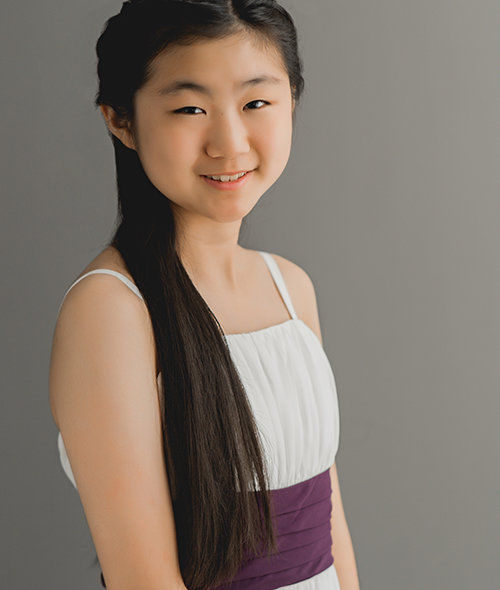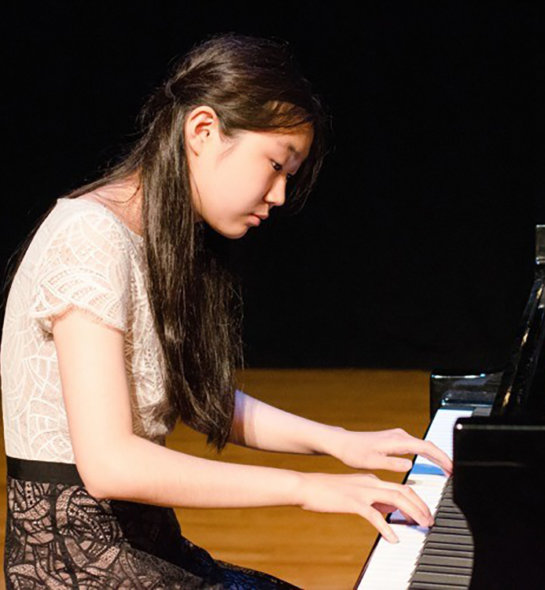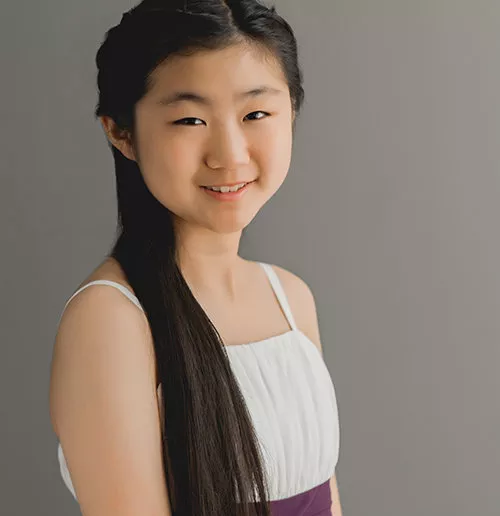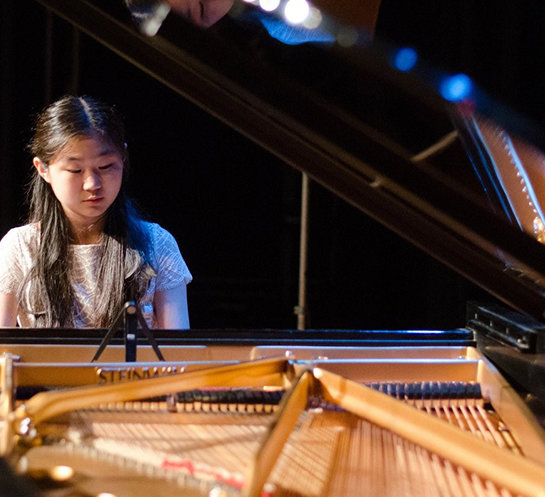Deeper Dive
In my project, “Why Journeys and Not Destinations? A Framework for Approaching Life's Goals,” I developed a framework that espouses commitment, connection, and communication as a foundation for personal and generational advancement. My project is a culmination of my lifelong love for both music and psychology. Growing up as a classical pianist, I became fascinated by the psychology of goal-setting and communication in the context of learning, polishing, and performing challenging repertoire. As an avid psychology-lover and member of the American Psychological Association since middle school, I decided to delve into the research behind goal-setting, and drew inspiration for my Davidson Fellows project from several of my favorite psychologists. In 6th grade, I read Mindset by Carol Dweck, and became determined to pursue a multi-year musical project that would put my own growth mindset to the test. Before middle school, my musical journey had consisted primarily of shorter pieces and sonatas that I could learn and polish within a few months to a year. So at age 12, I decided that I wanted to perfect a program consisting of some of my favorite pieces—Bach’s Partita No. 2 in C minor, Haydn’s Sonata in Eb Major, and Chopin’s Sonata in B minor. These multi-movement pieces are considered difficult, not just in terms of technically learning the notes, but the depth of range and emotion—characterization, technique, and tone—required to perform them. While my goal at first appeared unreachable and I faced criticism for choosing pieces that were too challenging, my passion and commitment to my goal motivated me to continue my journey. I drew inspiration from an article in the Journal of Personality and Social Psychology by researchers Dr. Szu-chi Huang and Dr. Jennifer Aaker of Stanford University: “It’s the Journey, Not the Destination: How Metaphor Drives Growth After Goal Attainment.” From this research, I learned that by viewing our goals as journeys, rather than destinations, we not only make our goals more achievable, but we develop the mindset to continue achieving past our initial goal. By applying psychological research to my challenging, multi-year project, I found that my goal was not only attainable, but the process of my goal—the journey—became much more meaningful and rewarding.
Through my framework, I seek to answer two questions: 1) “What makes achievement meaningful?” and 2) “What happens after we reach our initial goals?”. Only when we commit deeply to the journey and quality of our craft do we connect meaningfully with the authorities in any field. The valuable lessons we gain from these connections allow us to effectively communicate our ideas with others. Whether we are pursuing classical music, medical research, or solutions to societal problems, I believe that commitment, connection, and communication are essential as we strive to achieve our goals. In applying psychological research to my musical journey, I hope to inspire others to navigate their own journey in any discipline and to achieve both personal and societal advancement.
As with any journey, I faced challenges and setbacks along the way. In addition to being a regular participant in selective national and international piano competitions, I am a high school student at a competitive boarding school, where I receive 5-7 hours of homework each day. Thus, finding sufficient time to practice can be challenging. The cancellation of performances and in-person lessons due to the COVID-19 pandemic was often frustrating and disappointing, but I feel fortunate as a classical musician to still be able to continue sharing my art through other mediums, including virtual concerts in Steinert Hall, Lowell Philharmonic Orchestra’s “More Than Self” broadcast for healthcare workers, and From the Top’s “Daily Joy.” I am thankful for the many wonderful people who have supported me along the way. I am very grateful always for the amazing mentors and teachers—Ms. Mila Filatova, Mr. Alexander Korsantia, Ms. Silvana Sokolov, and Dr. Krystian Tkaczewski—who, from the beginning of my musical journey, challenged me constantly to grow as a musician and a person. I am also thankful to the wonderful musical communities—NPR’s From The Top, Steinway Society of Massachusetts, the Phillips Exeter Music Department—who have supported and introduced me to some of my closest friends.
As part of a generation that often perceives achievement as the end rather than the means, I realize the importance of viewing a goal as a journey rather than a fixed destination. From climate change and societal inequality to disease and mental illness, the greatest issues in our society today are ones that cannot be solved simply. I hope that my project may help people, and especially young people, develop the motivation, skills, and relationships necessary to tackle challenges with widespread, long-term impact that might take years to accomplish. On an individual scale, I believe my framework can help make setting and approaching difficult goals not only more achievable but also more meaningful—something I believe may help relieve the mental pressures for achievement that many in society suffer from today.



